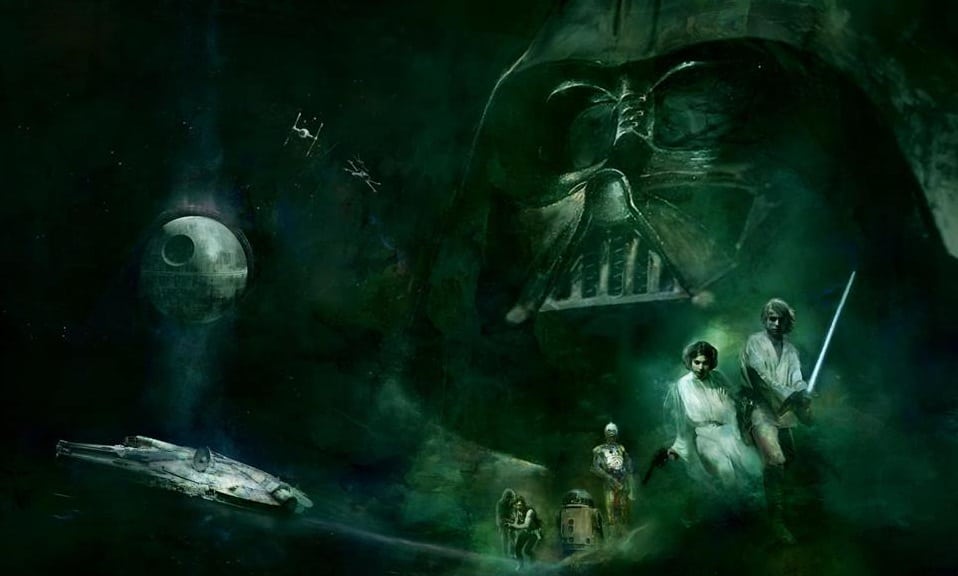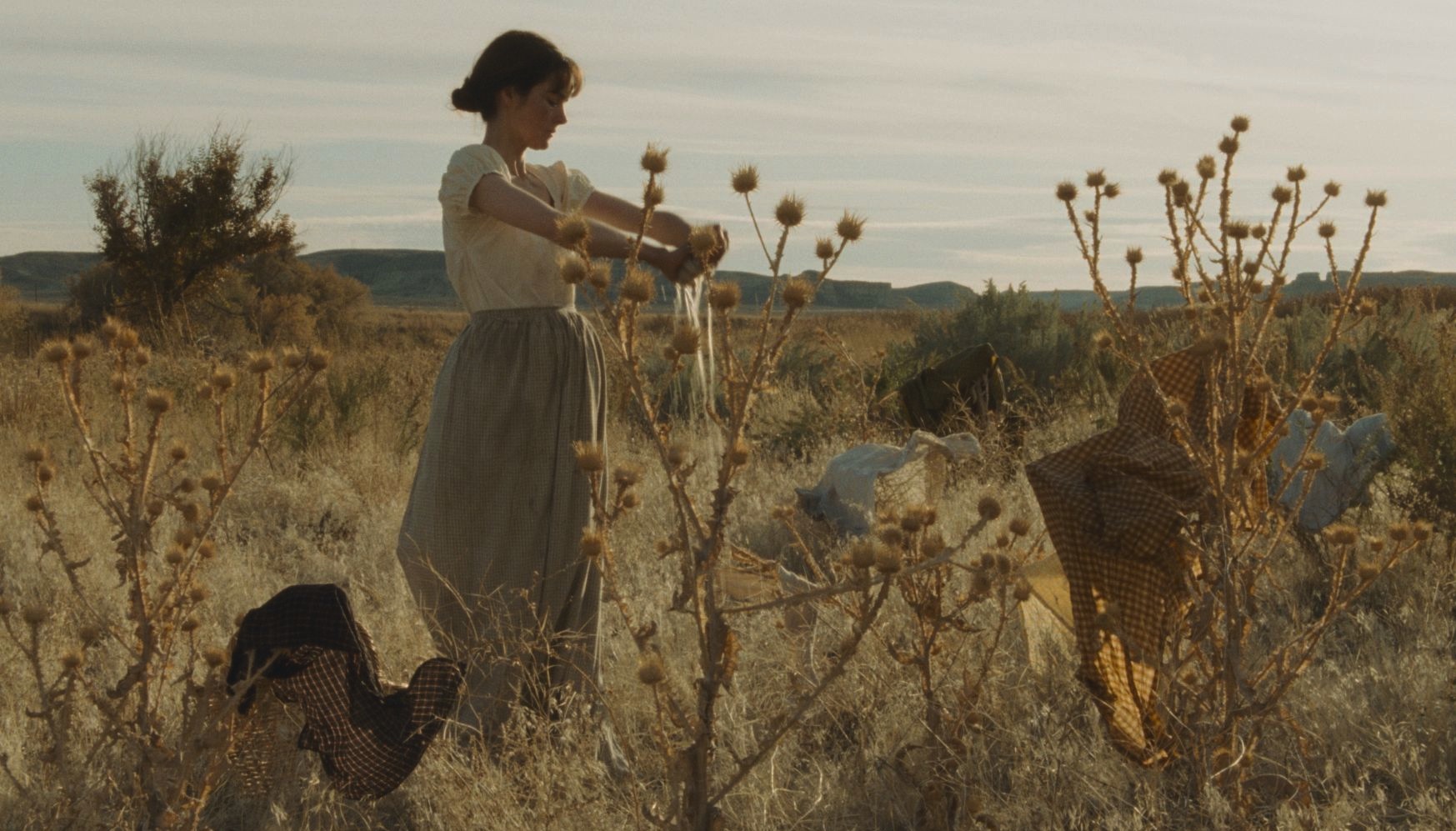Directed by Nicholas Ray
Screenplay by A.I. Bezzerides
1952, USA
If one lives a difficult, unforgiving life, how can that same person change their outlook? What they know is mostly harshness and a constant struggle. The job of police detective is on that comes to mind which could fit this mould, not to mention the terrible reputation they tend to earn, whether for right or wrong. Death, rape, theft, blackmail, what these men and women deal with is human behaviour at the lowest level of decency, and this is a daily reality, morning, noon and night. In a terrible twist, they exist to serve and protect the innocent, and yet the loathing expressed emanates from those who break the law as well as from those who are protected.
On Dangerous Ground, from revered director Nicholas Ray, concentrates its story on one such detective, veteran Jim Wilson (Robert Ryan) , who is cracking under the weight of it all. The darkness which lies in the hearts of men and women on the filthy city streets of the city he patrols each night has seeped into his consciousness a bit too much, to point where his moral standing has grown corrupt. He still remains firmly on the side of the law, but therein lies part of the problem: he is too firm. Pounding the faces of suspects into jelly in order to make them squeal the truth is one of his marvellous detecting techniques. The ordinary citizens do not do him any favours either, regularly spewing their distaste in his direction. All of this greatly irritates Jim, who has sealed many of his emotions off from the world. Jim remains unmarried and little to no social life. Before the situation with his boss, sour enough already, can get any worse, the latter sends Jim off for a special assignment outside the city. A young girl has been murdered by what is assumed to be a mentally challenged young male adult. Jim’s deficiencies as a police detective are put to a revelatory test when he encounters the suspect’s sister, a blind woman, Mary Malden, played by Ida Lupino.
the weight of it all. The darkness which lies in the hearts of men and women on the filthy city streets of the city he patrols each night has seeped into his consciousness a bit too much, to point where his moral standing has grown corrupt. He still remains firmly on the side of the law, but therein lies part of the problem: he is too firm. Pounding the faces of suspects into jelly in order to make them squeal the truth is one of his marvellous detecting techniques. The ordinary citizens do not do him any favours either, regularly spewing their distaste in his direction. All of this greatly irritates Jim, who has sealed many of his emotions off from the world. Jim remains unmarried and little to no social life. Before the situation with his boss, sour enough already, can get any worse, the latter sends Jim off for a special assignment outside the city. A young girl has been murdered by what is assumed to be a mentally challenged young male adult. Jim’s deficiencies as a police detective are put to a revelatory test when he encounters the suspect’s sister, a blind woman, Mary Malden, played by Ida Lupino.
 Nicholas Ray’s picture is a testament to how great traditional noir can be. While On Dangerous Ground does follow many tropes of the genre rather faithfully, it does so in a manner which results in a movie that feels different, perhaps because it is so much better than most. Part of the film’s success rests with its willingness to venture into certain extremes. Rather than just have a hard boiled cop, we are given a cop with dangerously violent tendencies and manic obsessions. The voluptuous women in the early stages are all replaced with a woman who is beautiful, amazingly strong in character, but equally vulnerable. The wet and unwelcoming streets of the big city morph into the frigid snow plains and mountains of the open countryside that feels awkward and lonely at times. The convergence of Jim’s and Mary’s emotional and thematic arcs is compelling in how two people who could not be more different are inexorably drawn together.
Nicholas Ray’s picture is a testament to how great traditional noir can be. While On Dangerous Ground does follow many tropes of the genre rather faithfully, it does so in a manner which results in a movie that feels different, perhaps because it is so much better than most. Part of the film’s success rests with its willingness to venture into certain extremes. Rather than just have a hard boiled cop, we are given a cop with dangerously violent tendencies and manic obsessions. The voluptuous women in the early stages are all replaced with a woman who is beautiful, amazingly strong in character, but equally vulnerable. The wet and unwelcoming streets of the big city morph into the frigid snow plains and mountains of the open countryside that feels awkward and lonely at times. The convergence of Jim’s and Mary’s emotional and thematic arcs is compelling in how two people who could not be more different are inexorably drawn together.
On Dangerous Ground does what its own title suggests, by sending Jim onto dangerous turf in a frantic hunt for a crazed killer. Ward Bond plays the  victim’s father, whose rage at the death of his daughter’s death makes Jim’s anger towards common criminals look like the equivalent of teenage tantrums. This unexpected start to Jim’s brief stay in the country immediately forces the detective to repress his typically violent responses to crime. For once, there is someone more enraged than himself. This is only the first of two significant meetings, the second being that with Mary, who, in a gesture of good will, allows Jim and the father into her home when they in fact suspect her of hiding the accused. It is during their overnight stay and in the early hours of the following morning that Jim’s psychology slowly begins to see a light at the end of the dark, damp tunnel. Despite Mary’s handicap, her natural instinct is to be kind and put her trust into people, perfect strangers even. Her lack of sight has not prohibited her from recognizing that kindness is still the better policy. Jim has literally ‘seen’ it all in the big city, and the moments are etched in his memory compelling him to behave ruthlessly, even when such action is clearly overkill. These peculiar creatures practically feed off their diametrically opposed philosophies. Mary confesses that the murderer is her brother yet understands the nature and justification of Jim’s duty, which is to bring him to justice. She makes the detective promise that her brother will not be harmed, putting Jim in a situation where he cannot engage in his ritualistic vigilante sense of justice. The coming together of Jim and Mary is at the heart of Ray’s film, which is ultimately about redemption. Ida Lupino and Rovert Ryan are superb from start to finish. Lupino mixes strength and a haunting vulnerability to her character, while Ryan begins with stunning intensity and ends with a much more humble and recognizably human face. Bernard Hermann’s stunning, memorable music helps emphasize the film’s themes.
victim’s father, whose rage at the death of his daughter’s death makes Jim’s anger towards common criminals look like the equivalent of teenage tantrums. This unexpected start to Jim’s brief stay in the country immediately forces the detective to repress his typically violent responses to crime. For once, there is someone more enraged than himself. This is only the first of two significant meetings, the second being that with Mary, who, in a gesture of good will, allows Jim and the father into her home when they in fact suspect her of hiding the accused. It is during their overnight stay and in the early hours of the following morning that Jim’s psychology slowly begins to see a light at the end of the dark, damp tunnel. Despite Mary’s handicap, her natural instinct is to be kind and put her trust into people, perfect strangers even. Her lack of sight has not prohibited her from recognizing that kindness is still the better policy. Jim has literally ‘seen’ it all in the big city, and the moments are etched in his memory compelling him to behave ruthlessly, even when such action is clearly overkill. These peculiar creatures practically feed off their diametrically opposed philosophies. Mary confesses that the murderer is her brother yet understands the nature and justification of Jim’s duty, which is to bring him to justice. She makes the detective promise that her brother will not be harmed, putting Jim in a situation where he cannot engage in his ritualistic vigilante sense of justice. The coming together of Jim and Mary is at the heart of Ray’s film, which is ultimately about redemption. Ida Lupino and Rovert Ryan are superb from start to finish. Lupino mixes strength and a haunting vulnerability to her character, while Ryan begins with stunning intensity and ends with a much more humble and recognizably human face. Bernard Hermann’s stunning, memorable music helps emphasize the film’s themes.
 On Dangerous Ground is a violent movie, but the violence goes far beyond the physical abuse Jim inflicts on the suspects (which, by the way, occurs much more off screen than it does on screen). The emotions twirling are violent as well. The psychology of several characters is violent, but the unlikeliest of cures in the shape of a blind woman far out on the range proves to be a saving grace. She may not be capable of seeing light, but she nonetheless brings it into the life of the protagonist and to the viewer. A brilliant picture, all in all.
On Dangerous Ground is a violent movie, but the violence goes far beyond the physical abuse Jim inflicts on the suspects (which, by the way, occurs much more off screen than it does on screen). The emotions twirling are violent as well. The psychology of several characters is violent, but the unlikeliest of cures in the shape of a blind woman far out on the range proves to be a saving grace. She may not be capable of seeing light, but she nonetheless brings it into the life of the protagonist and to the viewer. A brilliant picture, all in all.
– Edgar Chaput







